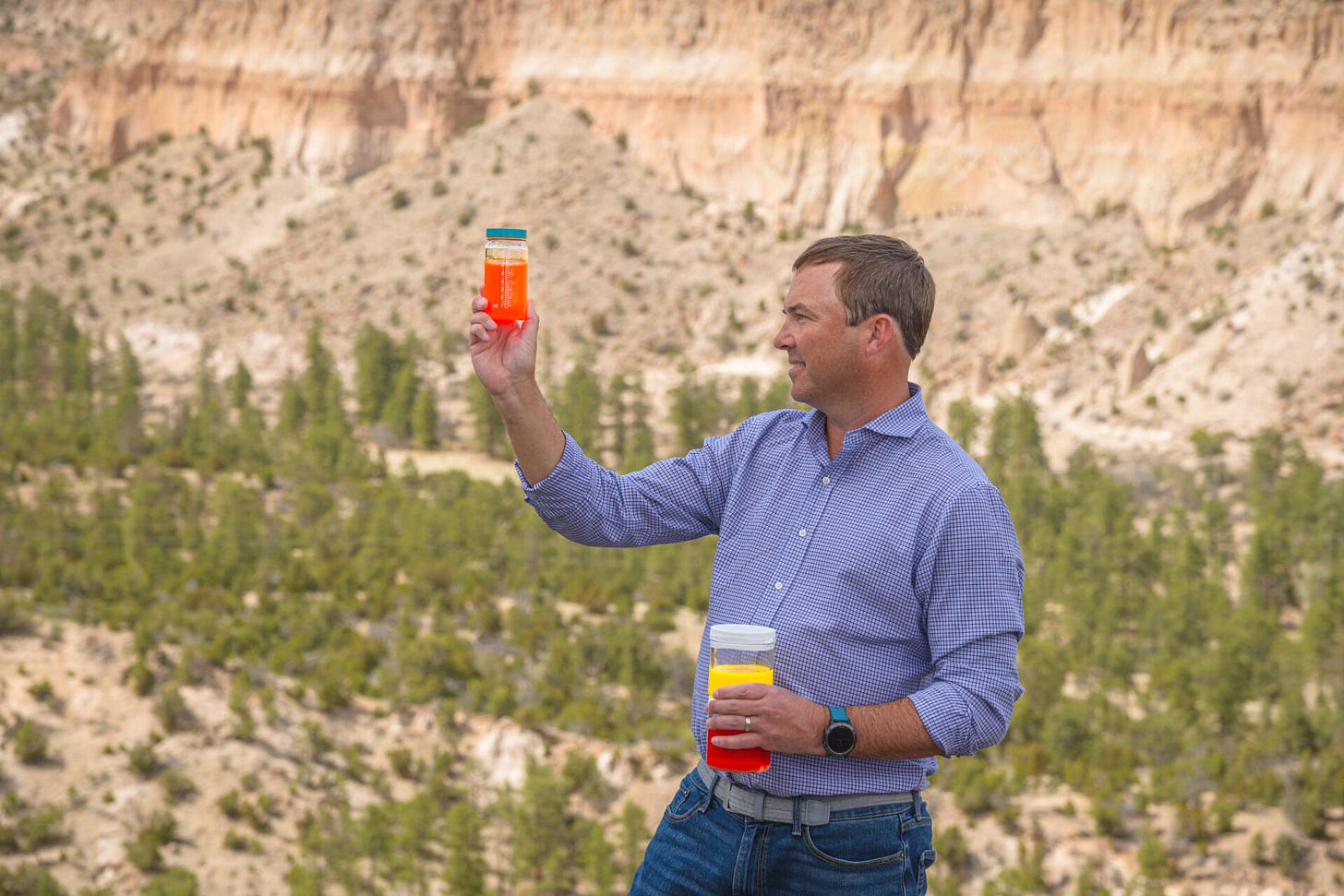Los Alamos National Laboratory (LANL) Spinout reaches Maturity
UbiQD series B is more key than it looks.
I cover emerging tech, sometimes called deep tech in Europe. Recently there was a Series B that really caught my attention. Let’s note right now: UbiQD® is pronounced 'ubiquity'.
UbiQD® a so-called global leader in quantum dot (QD) technology, announced on April 22nd, 2025 that it closed a $20 million Series B financing round.
What they are trying to do…



